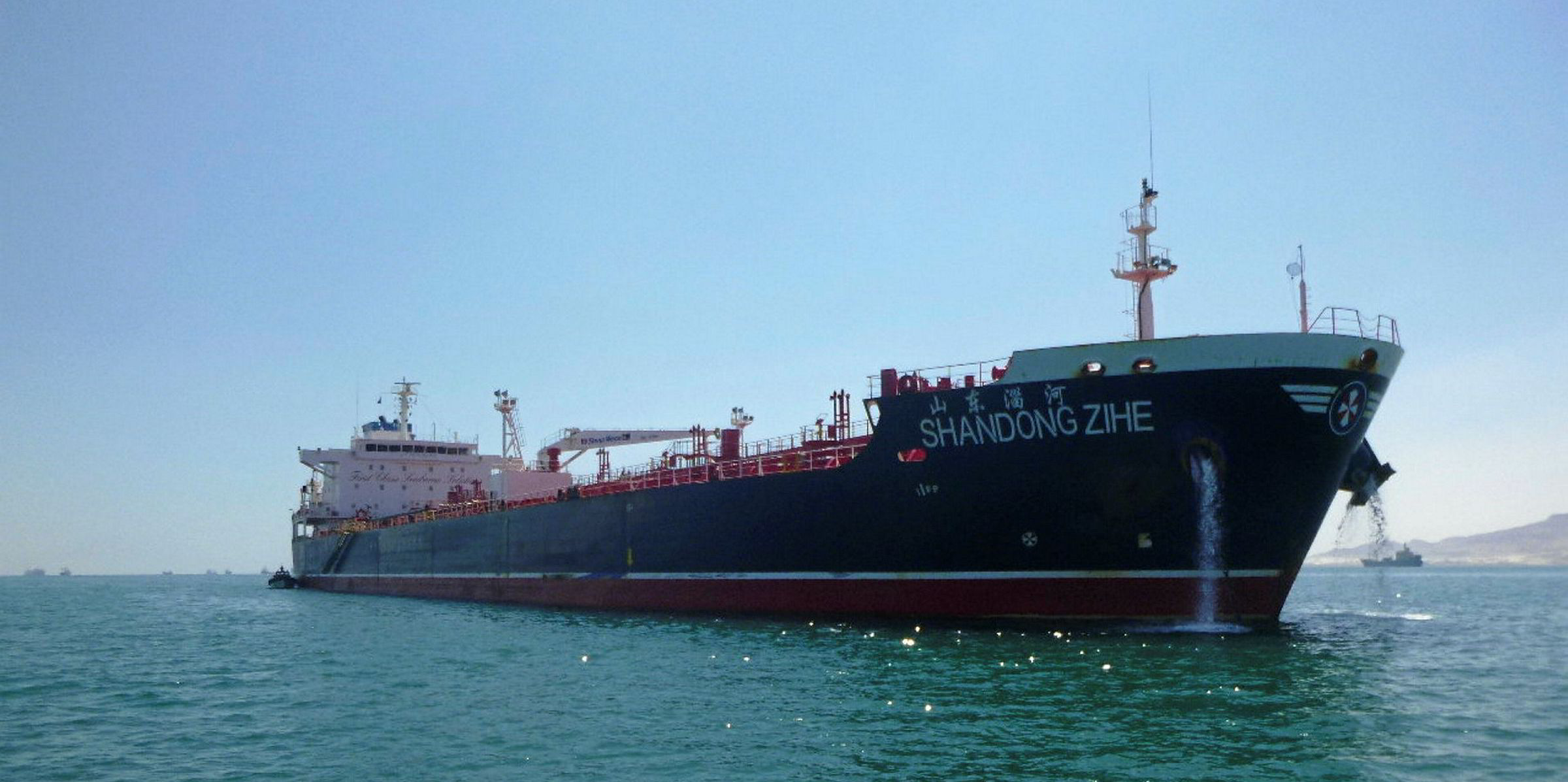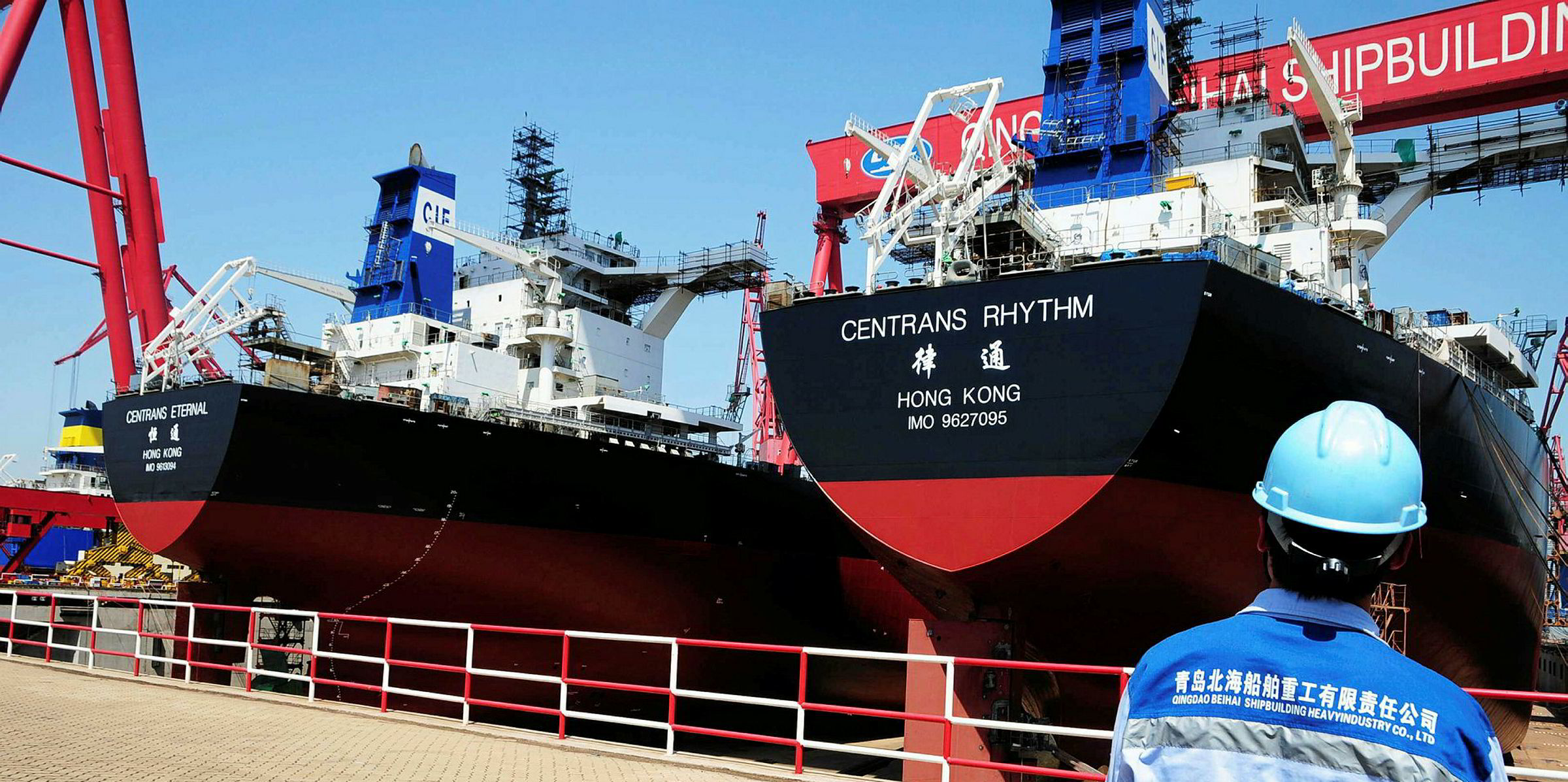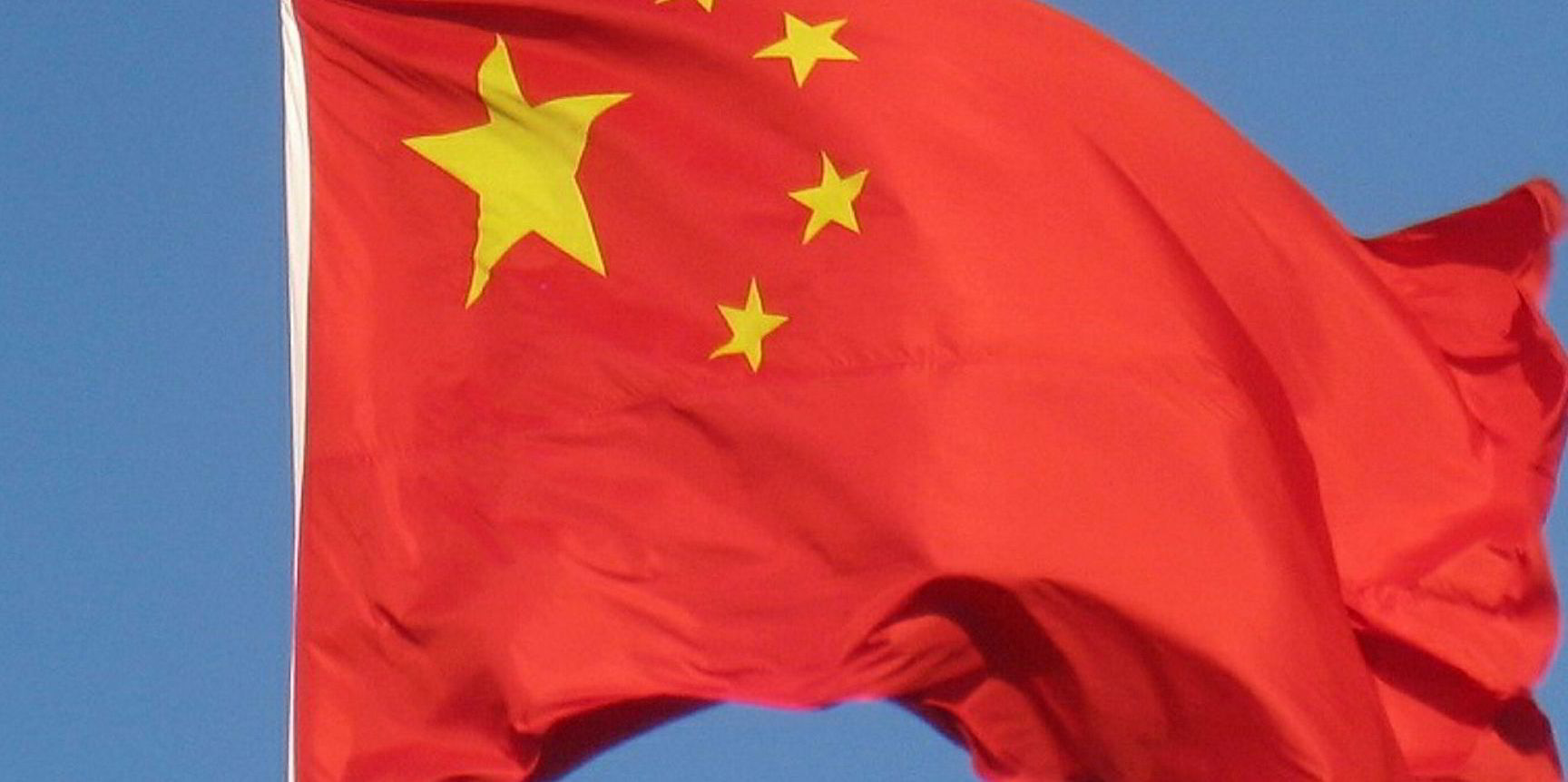Expansion-minded Shandong Shipping has unveiled its plan to raise CNY 100m ($14.6m) via selling new shares to a strategic investor.
In a web notice of Shandong Property Rights Exchange Center, the Qingdao-based shipowner said it would issue up to 90.9 million new shares to the investor.
“This is to replenish our liquidity and fund our business expansion,” Shandong Shipping said.
The investor, which will own 2.94% of Shandong Shipping, can only sell its stake en-bloc within five years.
Shandong Shipping’s open offer will be outstanding until 8 August. Interested parties will need to bid for the company’s stake via negotiation, according to the notice.
The company was delisted from the National Equities Exchange and Quotations OTC market in April after affiliates of the Shandong provincial government acquired shares back from minority investors.
The buyback was part of Shandong Shipping’s plan to eventually launch an overseas initial public offering, according to the company, but no specific timeframe was revealed.
Originally a dry bulk player established by local authorities in 2010, Shandong Shipping has been building a fleet of large-sized bulkers tied to long-term shipping contracts.
There are market talks that Shandong Shipping is finalising a newbuilding deal with Qingdao Beihai Shipbuilding Heavy Industry for up for four 208,000-dwt bulkers, backed by Vale’s contracts of affreightment.
The company is due to take delivery of 10 scrubber-fitted capesizes being built at Shanghai Waigaoqiao Shipbuilding in 2020-2021. Those will be serving long-term charters from German energy powerhouse RWE.
In addition, Shandong Shipping has expanded into the LPG and oil shipping sectors in recent years.
Shandong Marine Energy, a sister company of Shandong Shipping, has inked a memorandum of understanding with Japanese trading house Mitsui & Co to work on LNG trading, containment system, logistics and storage businesses.
According to Clarksons, Shandong Shipping currently owns 34 vessels totalling 2.87 million dwt in operation, aside from an orderbook of 14 ships totalling 2.27 million dwt. Of them, 29 are bulk carriers and 14 are LPG carriers.





